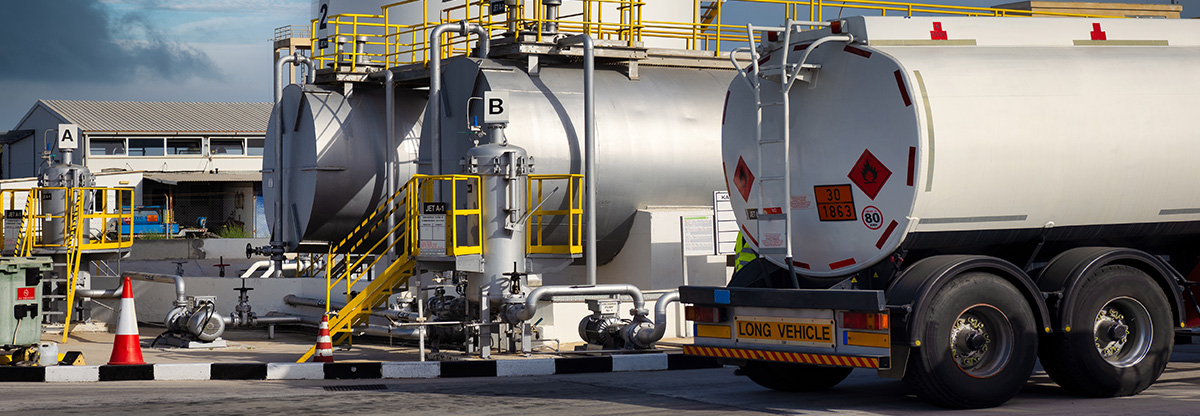New Day, New Challenge: A Guide on How To Avoid Fuel Surcharges During Shipping
- 6 March 2024
- 4 min to read
- 534 views

In the business world, where every penny counts, navigating through additional costs is necessary to get your profit growing. One of the often-overlooked expenses that can significantly impact a company's budget is fuel surcharges. In this blog post, we'll explore the ins and outs of fuel surcharges and provide you with strategies to avoid them.
Fuel surcharges are additional fees imposed by transportation and logistics companies to offset the rising costs of fuel. These charges can quickly accumulate, taking a toll on your overall expenses. However, with careful planning and strategic decision-making, businesses can find ways to mitigate these surcharges effectively.
Negotiating Long-Term Contracts
Establishing strategic ties with the transportation partners can be a smart decision to shield your business from sudden spikes in fuel prices. By securing fixed-rate contracts, the transportation costs become predictable and reduce the impact of fluctuating fuel prices on your budget.
Exploring Alternative Transportation Methods
Diversifying your transportation methods can be a game-changer. Be it truck, rail, ocean freight, or the combination of all of these ways, this approach allows you to optimize costs and potentially reduce fuel surcharges.
Investing in Fuel-Efficient Technologies
Embrace technology to enhance the fuel efficiency of vehicles used for shipping your orders. Thus, the substantial lowering of the fuel consumption will ensure both environmental benefits and cost savings. Steady maintaining and upgrading the vehicles with up-to-date technologies will change the game.
Collaborating with Suppliers
Do your best to communicate openly with your suppliers and collaborate on mutually beneficial solutions. By working together, you can explore joint strategies such as bulk shipments, shared transportation, or consolidated orders to minimize the impact of fuel surcharges on both parties.
Strategic Geographic Planning
Evaluate your supply chain network and distribution centers beforehand. By optimizing the location of your facilities, you can minimize the overall distance traveled and, consequently, the fuel consumption. This can be particularly effective in reducing fuel surcharges for last-mile deliveries.
As you can see, fuel surcharges are a reality in the world of logistics, but careful planning and proactive measures can effectively manage them. Negotiating long-term contracts, exploring alternative transportation methods, investing in technology, and collaborating with suppliers can make navigating the fuel cost maze and keeping the business on the road to success easier.
Read the Meest International blog to find out more interesting information.




